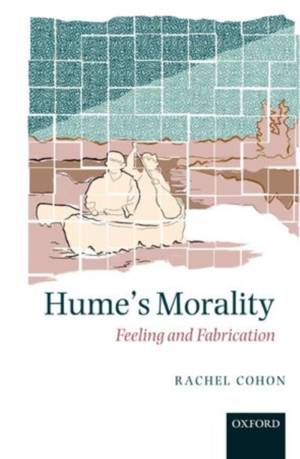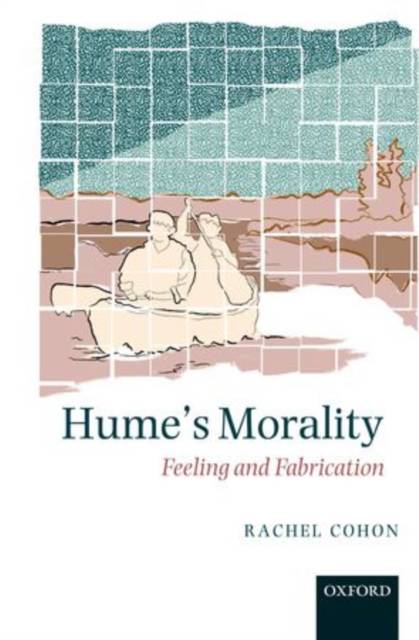
- Retrait gratuit dans votre magasin Club
- 7.000.000 titres dans notre catalogue
- Payer en toute sécurité
- Toujours un magasin près de chez vous
- Retrait gratuit dans votre magasin Club
- 7.000.000 titres dans notre catalogue
- Payer en toute sécurité
- Toujours un magasin près de chez vous
54,45 €
+ 108 points
Description
Rachel Cohon offers an original interpretation of the moral philosophy of David Hume, focusing on two areas. Firstly, his metaethics. Cohon reinterprets Hume's claim that moral distinctions are not derived from reason and explains why he makes it. She finds that Hume did not actually hold three "Humean" claims: 1) that beliefs alone cannot move us to act, 2) that evaluative propositions cannot be validly inferred from purely factual propositions, or 3) that moral judgments lack truth value. According to Hume, human beings discern moral virtues and vices by means of feeling or emotion in a way rather like sensing; but this also gives the moral judge a truth-apt idea of a virtue or vice as a felt property. Secondly, Cohon examines the artificial virtues. Hume says that although many virtues are refinements of natural human tendencies, others (such as honesty) are constructed by social convention to make cooperation possible; and some of these generate paradoxes. She argues that Hume sees these traits as prosthetic virtues that compensate for deficiencies in human nature. However, their true status clashes with our common-sense conception of a virtue, and so has been concealed, giving rise to the paradoxes.
Spécifications
Parties prenantes
- Auteur(s) :
- Editeur:
Contenu
- Nombre de pages :
- 296
- Langue:
- Anglais
Caractéristiques
- EAN:
- 9780199594979
- Date de parution :
- 13-01-12
- Format:
- Livre broché
- Format numérique:
- Trade paperback (VS)
- Dimensions :
- 156 mm x 234 mm
- Poids :
- 417 g







